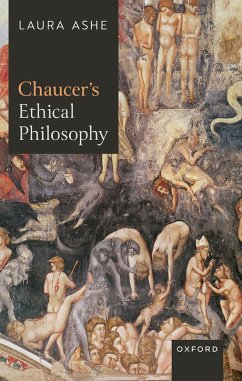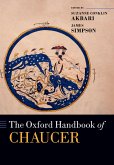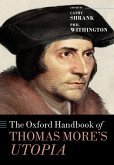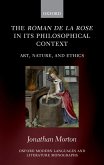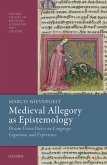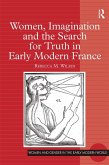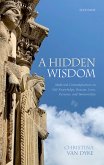Chaucer's Ethical Philosophy argues that Chaucer's fictions engage with the most urgent questions of modern political and moral philosophy. Close analysis of Troilus and Criseyde, the Canterbury Tales, and the Book of the Duchess reveals the ways in which Chaucer anticipates modern philosophical debates, using his fictions to explore the ethics of subjectivity and recognition, agency and moral responsibility; concerns that Chaucer experimentally formulated and discomposed across his works are amongst those that most animate and trouble contemporary ethical philosophy. This book places Chaucer in close dialogue not only with medieval philosophy and theology, and his great European literary sources (Boccaccio, Dante, Guillaume de Machaut), but with major figures and concepts of modern philosophical thought (Hegel, Levinas, Wittgenstein, Butler; recognition, subjectivity, gender). It illuminates his use of distinctively medieval forms of narrative to explore ideas and develop philosophies that we have been conditioned to think of as exclusively modern. In this he reveals both the essential nature of the questions, and the contingent, socially--and culturally--conditioned nature of our answers; and he shows us that medieval structures of thought remain central to our understandings of the world. In response to the fundamental ethical question-how should I treat another person?--Chaucer's fictional experiments are shown to be as philosophically complex and ethically powerful as anything in current thought.
Dieser Download kann aus rechtlichen Gründen nur mit Rechnungsadresse in A, B, BG, CY, CZ, D, DK, EW, E, FIN, F, GR, HR, H, IRL, I, LT, L, LR, M, NL, PL, P, R, S, SLO, SK ausgeliefert werden.

